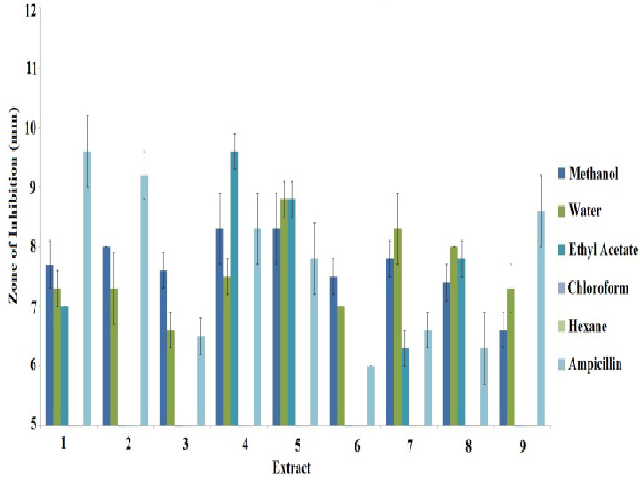An Examination of the Antimicrobial and Anticancer Properties of Garcinia cambogia Fruit Pericarp Extracts
DOI:
https://doi.org/10.5530/BEMS.2016.2.10Keywords:
Brindleberry, CaCo2, HeLa, Anti-proliferative activity, Anticancer activity, Antibacterial activity, ToxicityAbstract
Background: Garcinia cambogia (synonym Garcinia gummi-gutta) is commonly known as brindleberry and Malabar tamarind. It has received considerable recent interest due to its potential in the prevention and treatment of obesity and obesity related diseases. The fruit pericarp also has traditional uses in the treatment of a wide variety of diseases and medical conditions, yet these have received relatively little investigation to date. Methods: Garcinia cambogia fruit extracts were investigated for their ability to inhibit the growth of a panel of bacteria of medicinal importance. The extracts were also tested for their ability to block the proliferation of the CaCo2 and HeLa human carcinoma cell lines. Results: Garcinia cambogia methanolic, aqueous and ethyl acetate extracts displayed broad spectrum antimicrobial activity, inhibiting the growth of between 16 (64 %; ethyl acetate extract) and 22 (88 % aqueous extract) of the 25 bacterial species tested. Strong inhibitory activity was detected with minimum inhibitory concentration (MIC) values <1000 μg/ml against many bacteria. All extracts were effective against both Gram negative and Gram positive bacteria, although Gram negative bacteria were more sensitive. All extracts displayed anti-proliferative activity against CaCo2 and HeLa carcinoma cells, yet were non-toxic in the Artemia franciscana bioassay, with LC50 values greatly in excess of 1000 μg/ml. Conclusion: The inhibitory bioactivity against a range of microbes, the anti-proliferative activity against CaCo2 and HeLa cells, as well as the lack of toxicity, indicate the potential for G. cambogia in the discovery and development of new natural pharmaceuticals.










